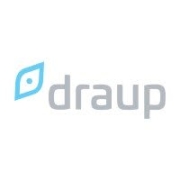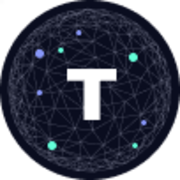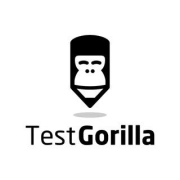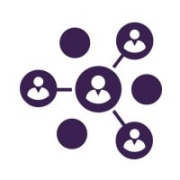Talent Intelligence harnesses data analytics to optimize workforce strategies, enhance recruitment, and improve employee performance. It provides organizations with critical insights into market trends, workforce capabilities, and future talent needs.
Talent Intelligence integrates vast data sources, applying advanced analytics and machine learning to offer actionable insights. This empowers companies to align their strategic goals with talent acquisition and development. It helps in identifying skill gaps and predicting future workforce trends, enabling organizations to make informed decisions that drive growth and efficiency. The integration of user insights into Talent Intelligence processes aids in refining talent strategies and ensuring they align with business objectives.
What are the critical features?Diverse industries implement Talent Intelligence to meet sector-specific needs. In technology, it helps identify emerging skills; in healthcare, it ensures competency in specialized fields. Retailers use it to forecast staffing needs during peak seasons. Each application requires tailoring to industry standards and regulations.
Talent Intelligence is a valuable resource for organizations, enhancing their ability to make strategic decisions about their workforce. It provides crucial insights, driving innovation and ensuring competitiveness in a rapidly changing business environment.
| Product | Market Share (%) |
|---|---|
| Eightfold Talent Intelligence Platform | 34.5% |
| Phenom TXM Platform | 22.8% |
| LinkedIn Talent Insights | 8.5% |
| Other | 34.2% |
















Talent Intelligence leverages data analytics to enhance recruitment processes, reduce biases, and predict future hiring needs. By analyzing candidate data, organizations can identify skill gaps, optimize workforce planning, and improve retention rates. Integration with AI technologies allows for advanced talent mapping and competitive benchmarking. Real-time insights enable data-driven decision-making, resulting in a more efficient and effective talent acquisition strategy. Customizable dashboards provide actionable metrics, facilitating collaboration between HR and management. Enhanced candidate profiling improves the quality of hires and aligns talent management with business objectives, thereby driving organizational growth and competitiveness.
Talent Intelligence helps you refine your hiring strategies by providing in-depth insights into the talent market. It allows you to understand skills availability, competitor hiring trends, and emerging job roles. You can effectively analyze the best regions for talent sourcing, optimize job descriptions for desired skill sets, and predict future talent needs. Utilizing this data ensures more strategic recruitment decisions and can dramatically reduce time-to-hire.
What role does Talent Intelligence play in workforce planning?Talent Intelligence plays a crucial role in workforce planning by enabling you to forecast future workforce demands and align them with your business goals. It provides data on industry trends, talent movement, and skills gaps, allowing you to strategically plan talent acquisition and development. This helps ensure you have the right talent at the right time and prepares your organization for future challenges and opportunities.
How does Talent Intelligence assist in diversity and inclusion initiatives?Talent Intelligence provides valuable insights into the current diversity landscape of your organization and the broader market. It helps you identify areas of improvement and track diversity metrics over time. By understanding the diversity profile of your industry, you can develop targeted strategies to attract and retain diverse talent, fostering an inclusive work environment. These insights aid in creating a more equitable hiring process and promoting diverse leadership.
How can Talent Intelligence inform learning and development programs?By leveraging Talent Intelligence, you can identify the skills and competencies that are in demand in your industry and within your organization. It guides you in developing tailored learning and development programs that address skills gaps and future capabilities needed for business growth. This alignment ensures that your workforce remains competitive and prepared for industry changes, enhancing employee development and retention.
What is the impact of Talent Intelligence on employee retention?Talent Intelligence positively impacts employee retention by providing insights into employee satisfaction, engagement levels, and turnover risks. It allows you to preemptively address issues that might lead to employee dissatisfaction, such as skills mismatches or lack of growth opportunities. By understanding these aspects, you can implement measures to improve the workplace experience, thus enhancing retention and reducing attrition rates.